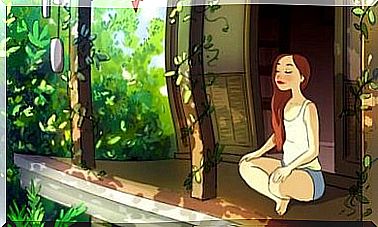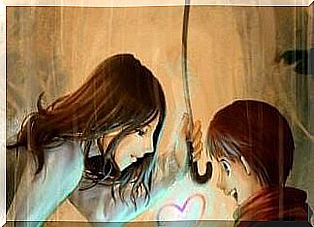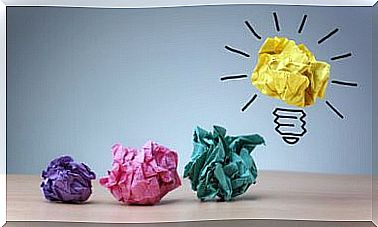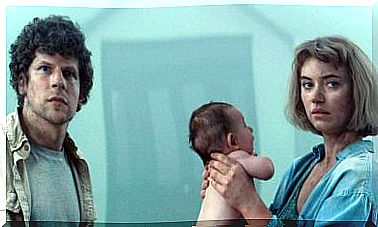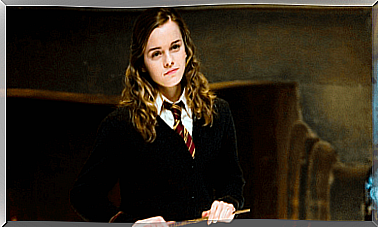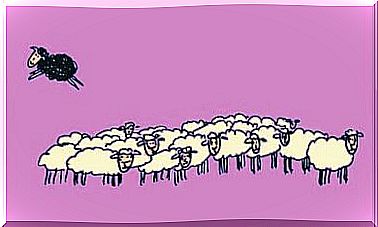The Black Sheep
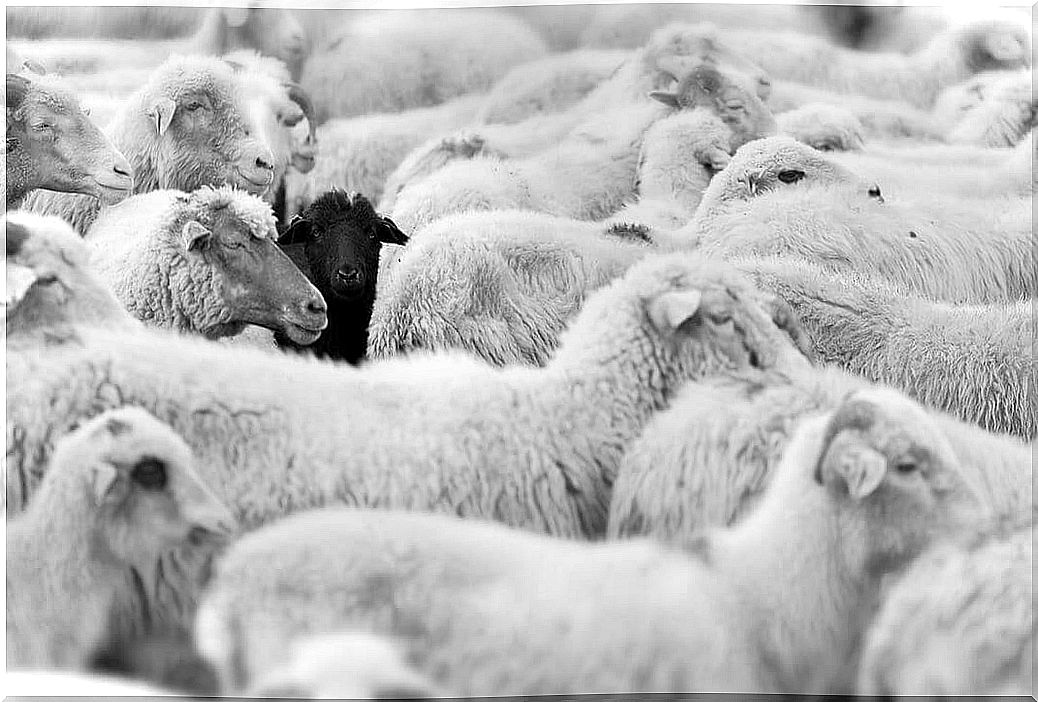
“I am the black sheep of my family. ” Some of us may have said this to ourselves before. And surely you have thought this of another person, either about a relative of yours or a person who is not in your environment.
Someone who considers himself the black sheep of the family is generally seen as the outcast of the family, a weirdo in a homogeneous environment. When thinking like this, the impression that he transmits (and the one that he takes) is that he is someone defective, with some problem. However, the black sheep has always been described as “bad”, when in reality it is just different.
The black sheep, is it really what we believe?
It is true that sometimes a black sheep is really “strange” by “common” standards, as it can happen that it is as a result of an undiagnosed hidden mental illness. Or it may be that he is a sociopath who violates the limits set by society, and therefore his position in the social hierarchy is damaged.
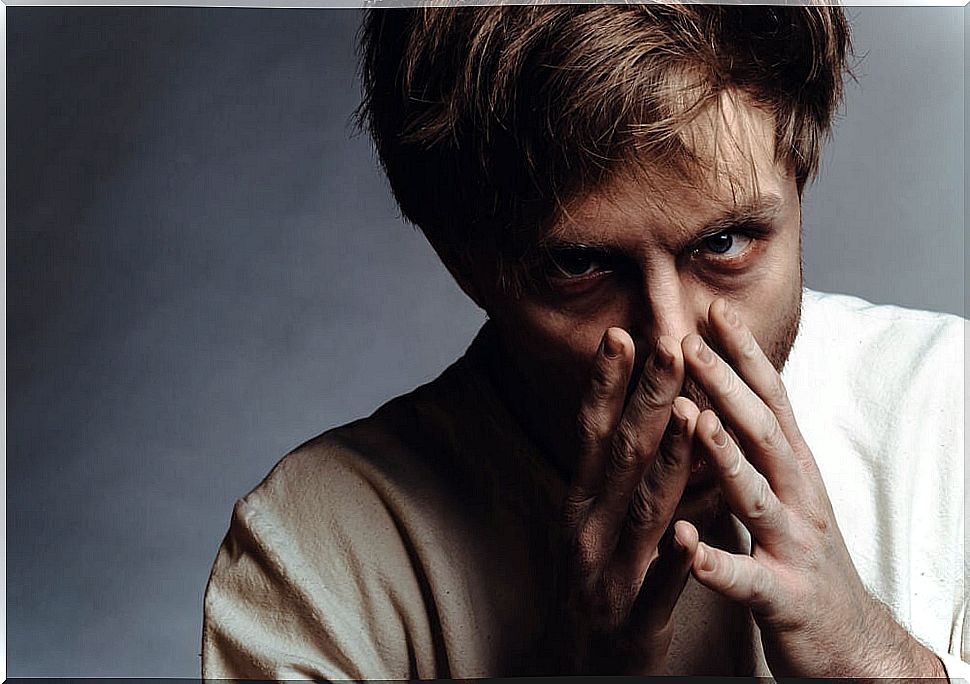
But surprisingly, many black sheep are kind people with so much to offer their families and the world. In fact, they are often the best and brightest; they can be the most creative, intelligent or sensitive.
If we stop to think we will realize that in reality, the world is full of black sheep. Think: does your family have one? This question is not as easy to answer as it may seem. For many, black sheep are not physically excluded from the family. In most cases it is about something much more subtle: exclusion is emotional.
There are 3 signs that indicate that there is a black sheep in your family:
- One of the members often, over a long period of time, appears hurt or angry for no apparent reason.
- The family debate always focuses on the same person when he is not present.
- One of the members is subtly not invited to certain family events or kept out of the family news.
So if the majority of black sheep are not really rare and were excluded, what could cause a family to treat one of their own this way? Most likely, the black sheep was not identified as such by a single person but rather as a product of family dynamics.
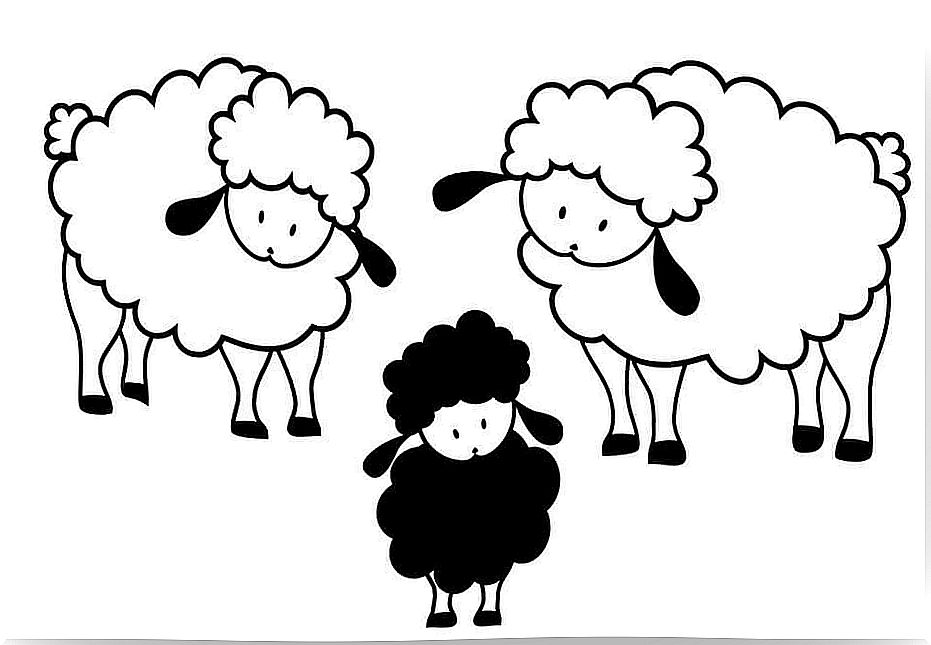
Infant black sheep
There are various types of family dynamics that we are going to address and define to discover how they can prematurely turn a child into the black sheep of the family.
1. The child who has the least in common with parents
These types of children differ from their relatives by their personality, temperament or interests. The parents are puzzled by him and inadvertently treat him differently, causing the rest of the family to do so as well.
2. The best and the brightest
This type of child threatens to outshine or outshine one or both parents. Therefore, whether consciously or unconsciously, the parents sabotage him. In this way, they will not have to worry about losing their position within the family hierarchy, even at the cost of lowering the child’s self-esteem and excluding him.
3. The child most prone to depression or anxiety
A child with intense or dark feelings or thoughts that the parents cannot understand can scare them. This causes that, not knowing how to help him, some relatives choose to move away from him, further aggravating the problem.
4. Sibling rivalry
In some families, there is simply not enough care or love for everyone. One or both parents is limited in some way, either physically (such as lack of time due to overwork) or mental (such as substance abuse). Therefore, one of the children may be excluded as a result of this impairment.
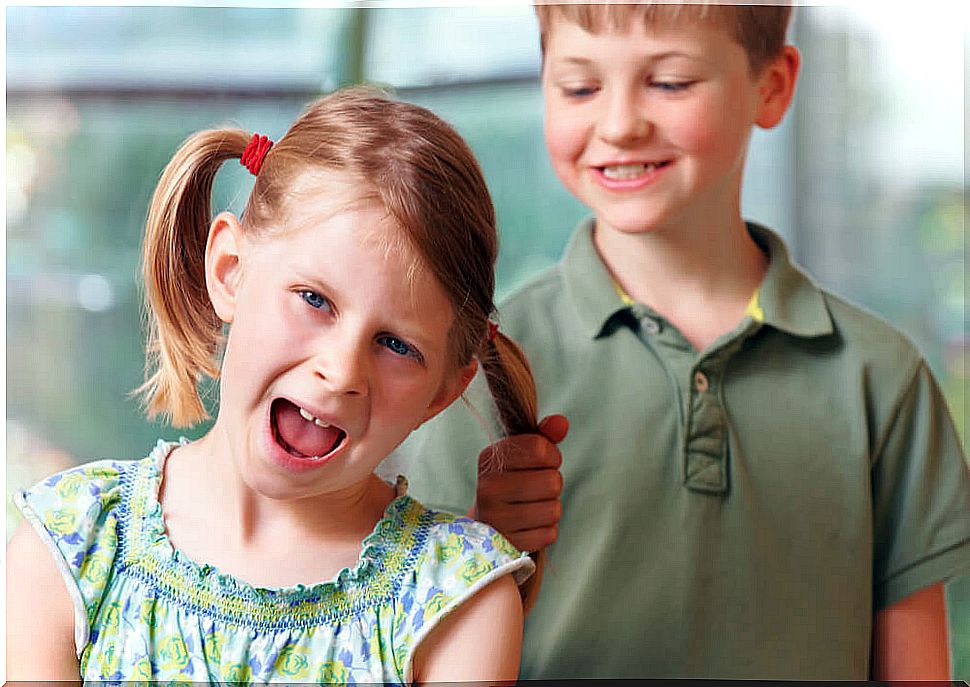
5. Parental emotional problems
Some parents may seem very loving to their children, but are actually subtly excluding them. This can be difficult to detect; But the adult with this trait is unable to tolerate certain aspects of himself, so he projects those characteristics onto a chosen child and despises him instead. Thus, in this case turning a child into the black sheep is nothing more than a defense mechanism of one of the parents.
6. Neglect of emotional childhood: the most invisible
In some families, all children can get the subtle (or not so subtle) message that their feelings don’t matter. Those who come from these environments end up internalizing the idea that they are not valid and have no right to be themselves. These children end up excluding themselves and constantly sabotaging their happiness.
With any of the six previous causes, the excluded child detects from the beginning that he is someone different, bad or inferior. It is a case of self-fulfilling prophecy, as it ends up acting as it is expected to.
What should you do if you recognize your family in this article? It is difficult to turn an entrenched family dynamic around, but all is not lost:
- Choose to see your family through a more complex lens. Ask yourself: Is this so? Is this the person I want to be? Is this how I want to treat my brother or son?
- Share this article with chosen members of your family.
- Look at the black sheep of your family with different eyes and realize what you have never seen before.
- Open your heart to your family circle.
- Let the black sheep know that you claim it.

On the other hand, if you are the black sheep of your family, don’t worry: all is not lost. With enough work on yourself, and in some cases with the help of a professional, it is possible to eliminate the toxic shame that bad family dynamics can cause and become a person who feels worthy of love, respect and success.
